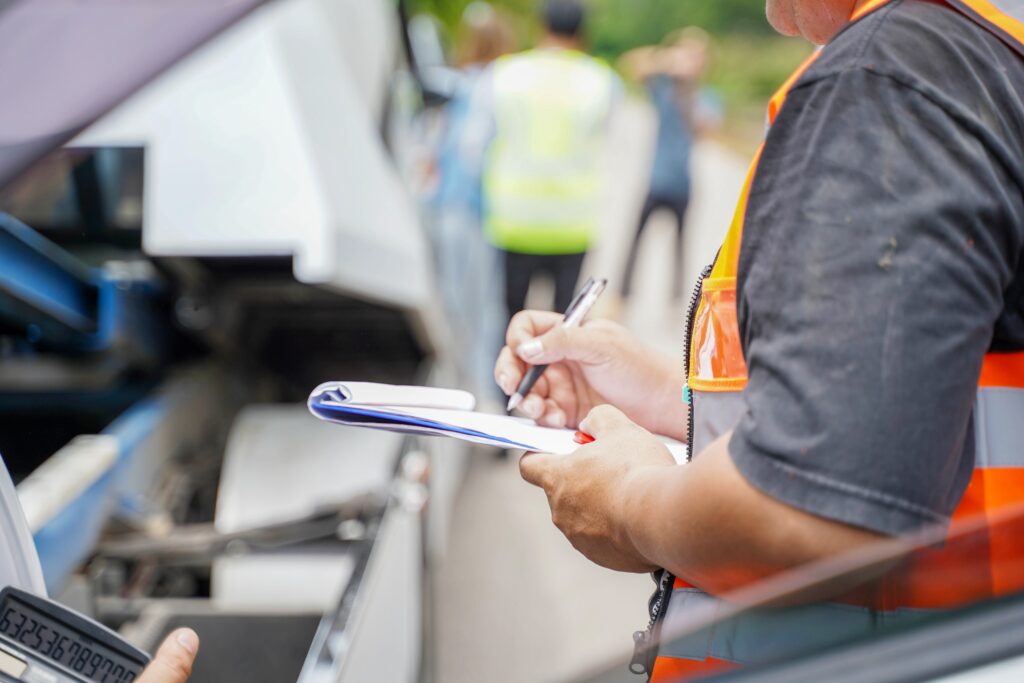The rules surrounding getting an HGV licence and HGV training can be confusing at the best of times, even for those of you who are already HGV licence holders, and always raise questions: “What licence lets me drive what vehicle?” “Do I need to undertake any extra training to switch vehicles?” And so on.
As we try to move towards a more eco-friendly world, the rules surrounding electric vehicles also add more confusion to the mix, with many HGV drivers, fleets and distribution companies worrying new rules and regulations may cost them a fortune. However, some recent news has come as a serious relief to many.
If you’re a professional HGV driver or are considering earning an HGV licence or LGV lorry licence and are wondering whether this recent news affects your driving status, keep reading…

Are HGV licence requirements changing?
Yes, there have been some minor – but important – developments in HGV training and HGV licences you should know about…
The government recently announced that it will be SCRAPPING the requirement for drivers with a Category B car licence to undertake an extra 5 hours of training before they’re legally allowed to drive “alternatively-fuelled goods vans” (AKA electric vans) of up to 4,250kg.
This means that drivers with a Cat B licence can drive vehicles weighing 4,250kg (as long as they’re electric) without halting their work or re-training to earn a higher category of licence should they begin to drive more electric-powered vans this weight in the future – which is expected.

Why is all this happening?
The UK government has been making steady (yet slow) progress towards creating a greener, more energy-efficient world for future generations. Given that emissions from cars and vans contribute approximately 20% of the country’s overall carbon emissions (which may not sound like a lot, but the government considers this a big issue in their plans) steps have been taken to encourage the adoption of electric cars and electric vans.
As part of this plan, the government says the sale of new petrol and diesel vehicles of all kinds will be gradually “phased out” by 2030 – the thought being that all vehicles will benefit from zero emissions by 2035. It’s a bold task, but one that is making some progress with announcements like the one above.
In 2018, the government was able to obtain a derogation (a pass, in other words) from the European Commission which allowed Cat B drivers to drive electric heavy goods vehicles of up to 4,250kg in weight, which is higher than the previous limit of 3,500kg. This was in answer to the differences presented by electric goods vehicles.
Because electric cars and vans operate using large batteries, which are often much heavier than engines and other parts found in petrol vehicles, drivers of these vehicles can expect them to be much heavier than the traditional alternative – including goods vehicles. Because electric goods vehicles often exceeded 3,500kg, the government had previously required drivers to take 5 hours of extra training to get to grips with said vehicles.
However, as time has passed, this change has shown that the extra training comes at a great cost to drivers and companies and can significantly stunt the progress of deliveries while drivers step aside for the 5 hours as required. Which is why the government has decided to do away with this training altogether.
Now, Category B drivers are allowed to drive these heavier electric vehicles without taking any extra training or shooting for a different licence, which would cost them more time and money.
If you would like to read more about these changes, why they’ve occurred and the next steps the government is taking, you can read the official executive summary on the GOV.UK website here. Alternatively, you can get in touch with the Driver Vehicle Standards Agency for more information.

Do you need to do anything with your HGV licence?
If you hold a Cat B licence and are worried you may not be able to drive these new vehicles as they are more widely introduced, you can relax. The rules have changed in your favour and you’ll be able to drive these vehicles without earning a new licence.
Having said that, a Cat C licence opens up many new doors for drivers seeking to onboard new work and boost their wages, making further HGV Training an enticing prospect.
Choose HGV Training Network for all your HGV Training requirements
If you want to become an HGV driver or lorry driver or want to add to your driving credentials, HGV Training Network is here for you. Our experienced instructors offer in-depth training with a personalised approach, helping you earn the qualifications you need quickly and efficiently while giving you the confidence to head out on the open road and forge a new career. Our training courses are available from over 40 locations across the UK and we offer train now pay later HGV training finance, taking the stress out of affording your training.
Our HGV training course will cover all aspects of HGV training you need to earn the licence you require – including your provisional licence, practical HGV training, your practical test, your theory test, as well as your Driver Certificate of Professional Competence or Driver CPC qualification. Plus, you won’t need to let the HGV licence cost worry you, as we can provide a finance package to help cover your training fees.If you’d like to find out more about the training services we offer including bus driver training, reach out to us today.












